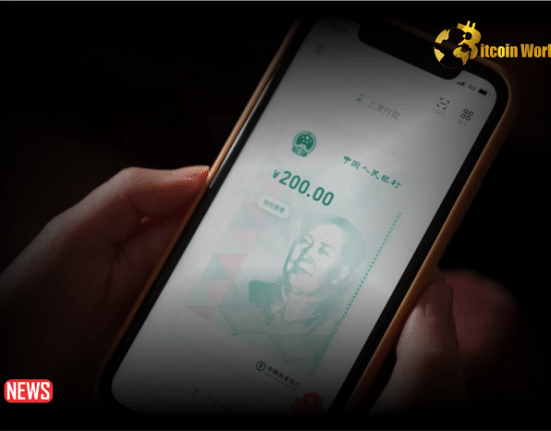Milissa Ferrari, a JPMorgan Chase client, lost an astounding $30,000. What’s the most upsetting aspect? The bank has refused to repay her.
The plot crashed when Ferrari received a text message and a phone call. According to KOIN 6, a Portland-based TV news station, the caller’s number matched the customer service line printed on her JPMorgan Chase debit card.
Ferrari described the terrifying incident: “The caller, in a familiar Chase voice, warned of potential wire fraud on my account and instructed me to press 1 to speak with a fraud agent.” Obliging, Ferrari unknowingly fell into the scammer’s trap, inadvertently disclosing sensitive account information.
Things became suspect when the scammer ordered her to personally visit her bank to “unlock her account” a few hours into the call. Surprisingly, the local branch informed Ferrari that everything was well with her account.
Unbeknownst to her, she had set in action a horrific plan. The scammer used the information she unintentionally provided to execute wire transactions that emptied $30,000 from her account over a week.
Reeling from the finding, Ferrari sought clarification at another JPMorgan Chase location. There, an understanding representative bemoaned the bank’s failure to protect her interests, arguing that her account should have been suspended.
JPMorgan Chase professed sympathy for Ferrari’s situation but declined to reimburse her. The bank stated in an official statement, “These scams are tragic.” We attempted but failed to recover Ms. Ferrari’s funds following her report. We urge people to remain cautious and never share personal information with unknown entities. Genuine banks will not request money transfers as an anti-fraud strategy, but scammers will.”
Over 60 victims recounted eerily similar incidents, according to KOIN 6’s investigations. Surprisingly, these impostors had intimate knowledge of the individual or their banking information in most cases.
Regulations such as the Electronic Fund Transfer Act (EFTA) and Regulation E are in place to protect users who conduct electronic money transfers through banks. However, they have a flaw: they do not accept wire transfers, credit card transactions, or check-based transactions. This provides a significant gap for scammers to exploit and bank clients to be alert.














